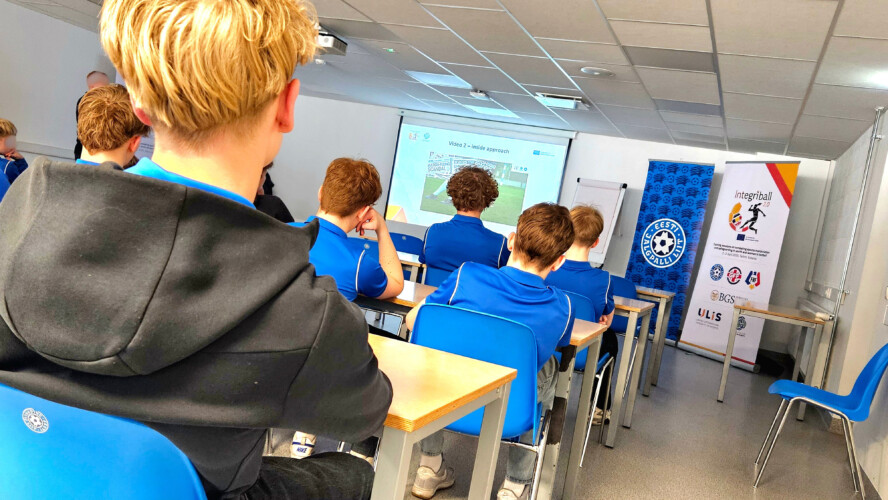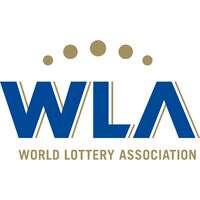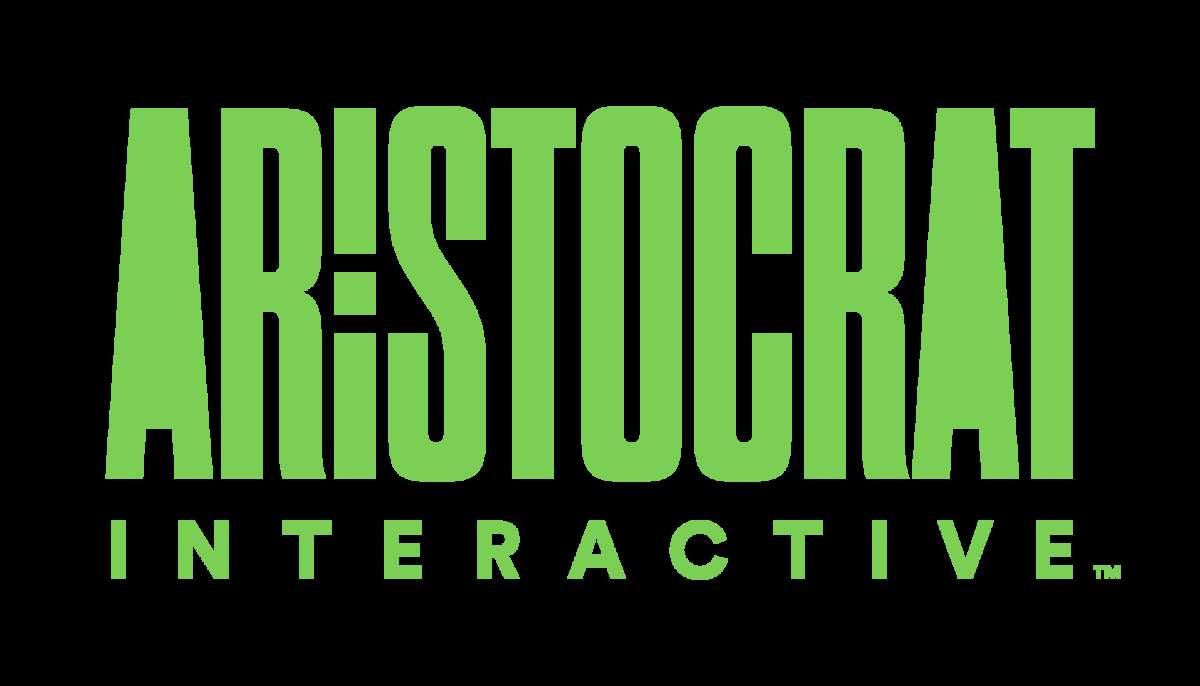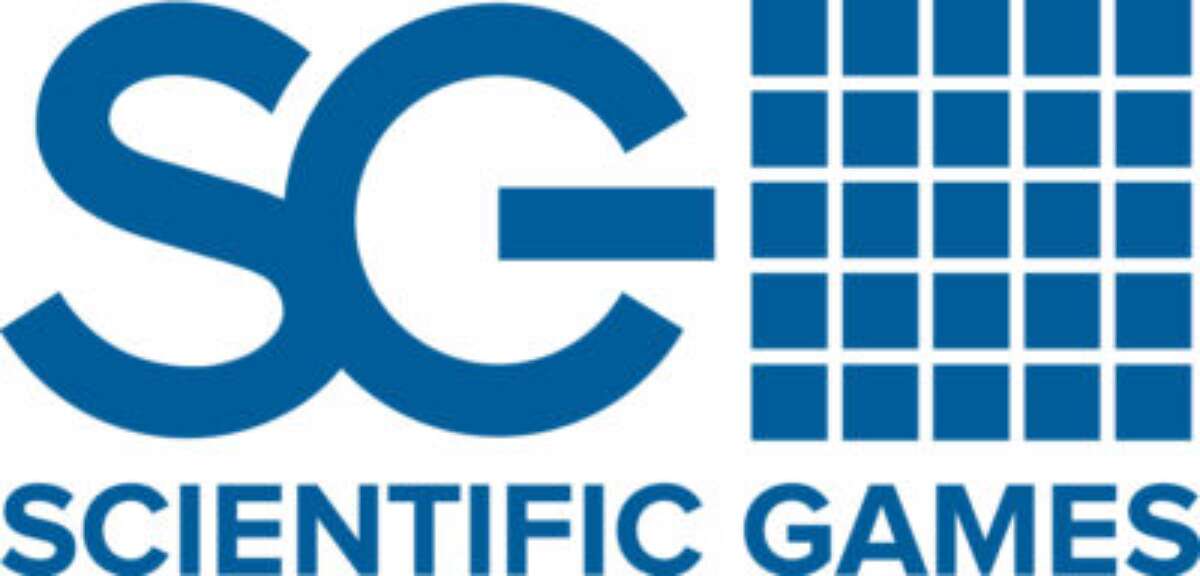Aiming to strengthen the integrity of women’s and youth football, the last round of Integriball 2.0 training sessions concluded in Estonia last week, following impactful stops in Romania and Georgia.
The United Lotteries for Integrity in Sports (ULIS) delivered the betting and football integrity modules during Train-the-Trainers courses for coaches and pilot workshops for players. Both were designed to raise awareness about the risks and consequences of competition manipulation, such as match-fixing and other unethical practices, as well as the potential dangers the misuse of betting behaviour can pose to the credibility of football and sports more generally.
Held over two days at the headquarters of the Estonia Football Federation in Tallinn, the final sessions were well attended and highly interactive.
Launched in March 2024, Integriball 2.0 is a two-year initiative that seeks to enhance the educational resources available to football federations in Estonia, Georgia, and Romania, while providing direct training to players and coaches in the three countries.
The pilot trainings were designed to test and refine the developed curriculum, while the Train-the-Trainers workshops aimed to equip a pool of local trainers with the necessary skills and knowledge to deliver the curriculum effectively on their own in the future. Each workshop was tailored to the specific needs of the partner country.
Sessions were held in Bucharest from 26-27 March, Tbilisi from 31 March-01 April, and Tallin from 2-3 April.
Real-world examples
ULIS played a key role in shaping the programme curriculum, which featured data from our one-stop proprietary monitoring platform. The ULIS integrity platform is vital to protecting sports integrity around the world through the meticulous tracking and storage of data on potential integrity breaches, betting trends, and suspicious activities across various sports.
New monitoring technology was introduced last year that significantly strengthened ULIS’ capabilities in this area, with over 870,000 matches being recorded annually. The training sessions incorporated real-world examples from our platform, which facilitates information sharing among members, enabling in-depth analysis and identification of patterns indicative of match manipulation or other integrity threats.
In addition to the latest global data and analysis, the sessions were prepared based on country-specific data ULIS received from project research partner Berkeley Global Society (BGS) and its own resources collected and analysed from Estonia, Georgia and Romania.
Supportive feedback
Coaches and players from some of the leading football clubs in Romania, Georgia and Estonia took part, providing positive feedback about the impact of the training at the end of the sessions.
“We learned that integrity isn’t just a rule - it’s a mindset that can protect careers and futures,” said a young female player from Romania.
Coach and Executive Director of Estonia’s Põlva FC Lootos, Indrek Käo, added: “It was a very positive initiative from the Estonian Football Association and all the partners. Subjects covered were very real-life and a lot of the material works perfectly as prevention. It was good to hear that in many areas Estonia is well-developed and leading the fight against match-fixing and harassment. I would like to compliment the lecturers who presented the material in a clear and logical manner.”
Prominent figures from the football community in each country, serving as Integriball 2.0 project ambassadors, also played a vital role in driving engagement and championing the initiative’s core values.
Georgian ambassador David Siradze, one of Georgia’s all-time leading scorers for the men’s national team, said: “There are manipulations in football and sports in general that interfere with and violate the principles and rules that define the game. These manipulations undermine trust, teamwork, and integrity, harming players and fans alike. We must do everything we can to preserve these principles and values for future generations.”
The education sessions were jointly delivered by ULIS, the CSCF Foundation for Sport Integrity (CSCF), the Berkeley Global Society (BGS), and UEFA.
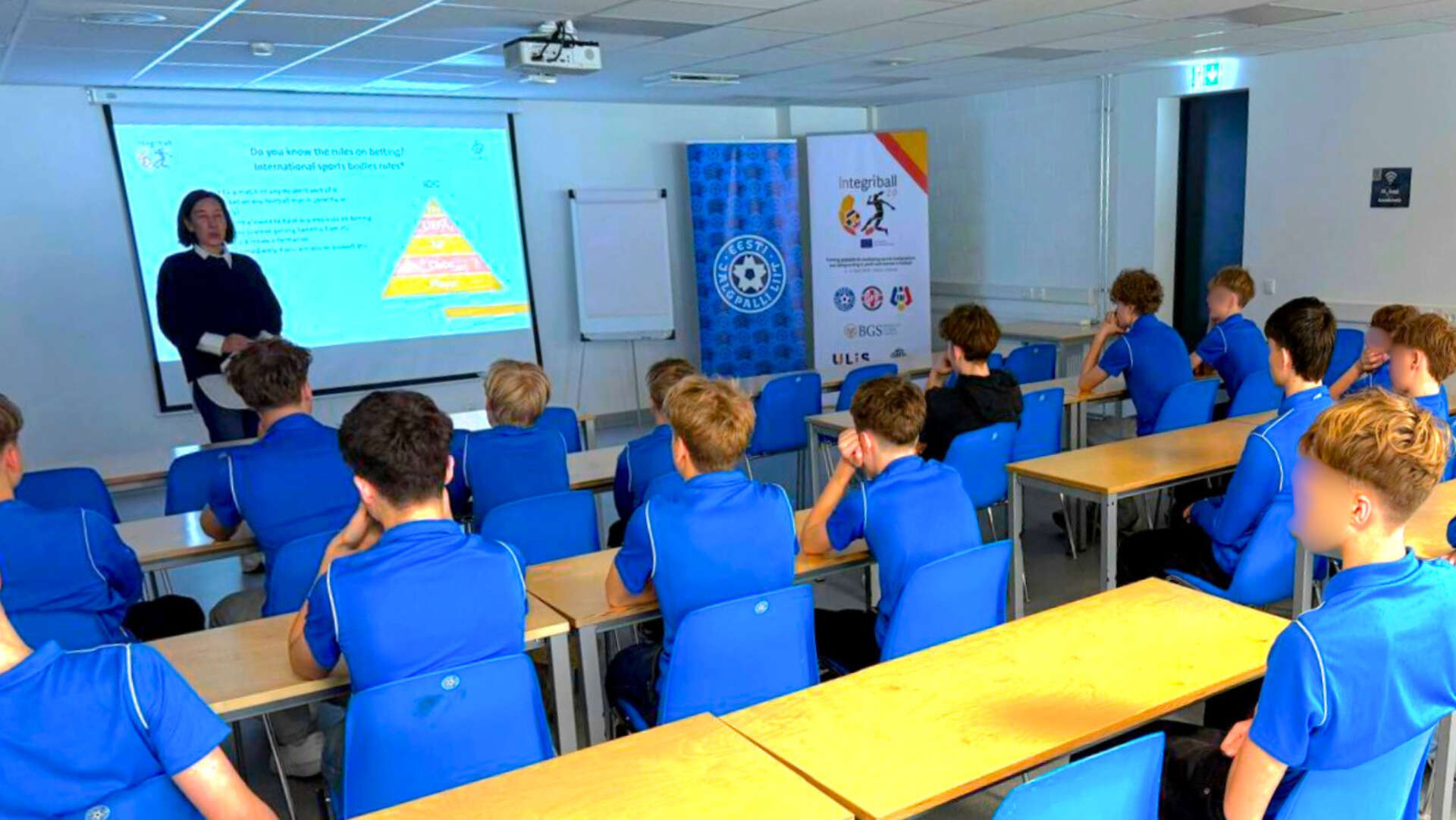
About Integriball 2.0
Integriball 2.0 seeks to disseminate essential knowledge on countering sports manipulation, safeguarding practices, and whistleblowing mechanisms, ensuring accessibility for youth and female players alike. Through targeted education and empowerment initiatives, the goal is to foster a sporting environment that prioritises integrity and inclusivity.
Since its inception, the programme has made significant strides within football communities across eight countries: Belgium, Czechia, Cyprus, Greece, Malta and now Estonia, Georgia and Romania, paving the way for a more secure, inclusive, and ethically driven sports landscape.
Partners
A collaborative partnership has been forged to fortify the initiative and lay a strong foundation for its success. Integriball 2.0 partners include:
- CSCF Foundation for Sport Integrity (coordinator);
- Eesti Jalgpalli LIIT (EJL);
- Georgian Football Federation (GFF);
- Federatia Romana De Fotbal (FRF);
- Berkeley Global Society (BGS);
- ULIS; and
- UEFA (supporting partner).
The CSCF Foundation for Sport Integrity is an organisation committed to enhancing integrity, transparency, and ethics in sports across the globe. It offers education, advice, and risk management support to sports organisations, law enforcement, governmental bodies, and the betting industry, addressing key ethical and integrity challenges. As Integriball 2.0 coordinators and a premier content provider, the CSCF drives this unique initiative, committed to the cause of sports integrity.
The Eesti Jalgpalli LIIT (EJL), or Estonian Football Association, is the governing body for football in Estonia. As a partner in Integriball 2.0, EJL represents the importance of integrity in sports governance at a national level. By ensuring fair play, transparency, and ethical conduct within Estonian football, EJL contributes to fostering integrity both on and off the field of play.
The Georgian Football Federation (GFF) serves as the governing body for football in Georgia. Through its involvement in Integriball 2.0, GFF emphasises the significance of integrity in sports development within the country. By promoting integrity in football administration, player conduct, and fan engagement, GFF plays a crucial role in upholding the values of fairness and honesty in Georgian football.
The Federatia Romana De Fotbal (FRF), or Romanian Football Federation, is responsible for overseeing football activities in Romania. As a partner in Integriball 2.0, FRF underscores the importance of integrity in football governance and competition. FRF's commitment to combating corruption, match-fixing, and other integrity-related issues within Romanian football highlights its dedication to preserving the sport's credibility and ethical standards.
The Berkeley Global Society (BGS) is an organisation focused on global issues, including integrity in sports. As a partner in Integriball 2.0, BGS brings expertise in ethical leadership, anti-corruption measures, and transparency initiatives. By collaborating with football federations and other stakeholders, BGS contributes to advancing integrity principles and best practices in the sports industry worldwide.
ULIS is a non-profit association of state lotteries conceived to safeguard the integrity and core values of sports from corruption, specifically from the manipulation of sports competitions. As an Integriball 2.0 partner, ULIS emphasises the role of sports betting integrity in maintaining the credibility of football competitions. By implementing measures to prevent match manipulation and illegal betting activities, ULIS helps safeguard the integrity of football and protects the interests of fans, athletes, and stakeholders.
